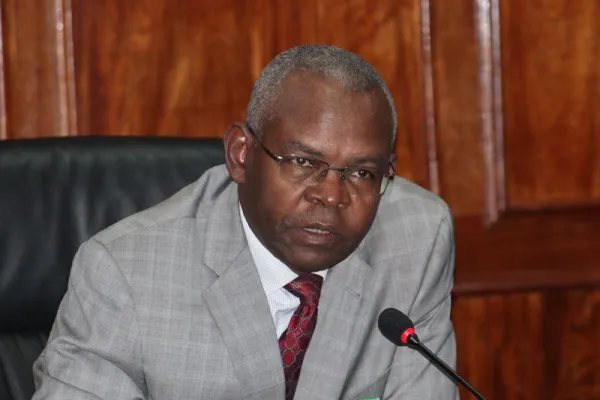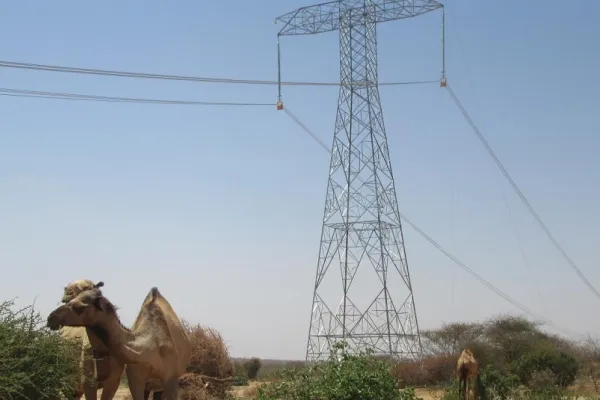Sh8.7Bn e-buses project aims to end Nairobi matatu chaos
Sh8.7Bn e-buses project aims to end Nairobi matatu chaos
The Treasury has signed Kes8.7 billion ($60 billion) financing deal for the purchase of electric buses in a US-backed plan that also seeks to slam the breaks on Nairobi's legendary matatu chaos.
In a broad plan that seeks to ease traffic congestion in East Africa's financial capital, Kenya has received the backing of US-based Millenium Challenge Corporation, to deploy a public transport system that addresses pervasive problems of sexual harassment on private bus (matatu) services.
In a joint study with the government of Kenya, MCC identified sexual harassment as one of the top impediments to the mobility of women in urban areas.
In New York, the Cabinet Secretary for the Treasury has signed the financing termed Second Threshold Programme funds for the acquisition of electric buses that will run on bus rapid transit (BRT) line 2.
President William Ruto and Millenium Challenge Corporation CEO Alice Albright witnessed the occasion.
US Ambassador to Kenya Meg Whitman said the financing is "the largest-ever MCC threshold program" and will help build a stronger economy for Kenyans.
MCC said the Kenya Urban Mobility and Growth Threshold Program will assist Kenya in addressing limited connectivity in urban areas, a critical constraint to inclusive economic growth.
A joint survey by MCC and the Government of Kenya, showed that Kenya’s urban areas—particularly in the capital city, Nairobi—did not enjoy the significant productivity gains frequently associated with urbanization.
Catalyse private financing
The study noted that limited planning and a lack of prioritization in investments related to land use and transportation undermine connectivity. It adds that this leads to fragmentation, thereby limiting productivity among manufacturers in Nairobi and between workers and economic opportunities.
Overall, the Kes8.7 billion program will address this constraint through four projects: the Integrated Transport Planning Project, the First and Last Mile Connections Project, the Detailed Land Use Project, and the Blended Finance for Bus Rapid Transit (BRT) Project.
Under Blended Finance for BRT Project, this plan will catalyze private financing to support the acquisition of electric (or other low emission) buses to operate one or more lines of the BRT system, which is currently under construction.
The Detailed Land Use Planning Project seeks to modernize the land use planning framework to improve the quality of investments in land in the Nairobi metropolis. This aspect will include "resolving obstacles and freeing up land for residential, commercial, and industrial investment," MCC adds.
The First and Last Mile Connections Project will support planning, prioritizing, designing, and constructing pedestrian pathways, crosswalks, overpasses, bicycle lanes and pick-up and drop-off points for private bus (matatu) services that facilitate access to stations on the emerging commuter rail network.
Sexual harassment
This is the component that is billed to address pervasive problems of sexual harassment on matatu services, one of the chief impediments to the mobility of women in towns.
Lastly, the Integrated Transport Planning plank aims to strengthen the ability of the Nairobi Metropolitan Area Transport Authority (NAMATA) to develop capacities, including the ability to attract and retain human resources, sharpen technical skills, and communicate results.
This will also see the Nairobi metropolitan area through public engagement, enhance the collection and analysis of data, and co-ordination with private and public transport service providers.
On its website, MCC says it's an organisation that forms partnerships with developing countries that are committed to good governance, economic freedom, and investing in their citizens. Across Africa, MCC has a presence in Cote D'Ivoire, Ghana, Lesotho, Liberia, Mali, and Malawi among others.



